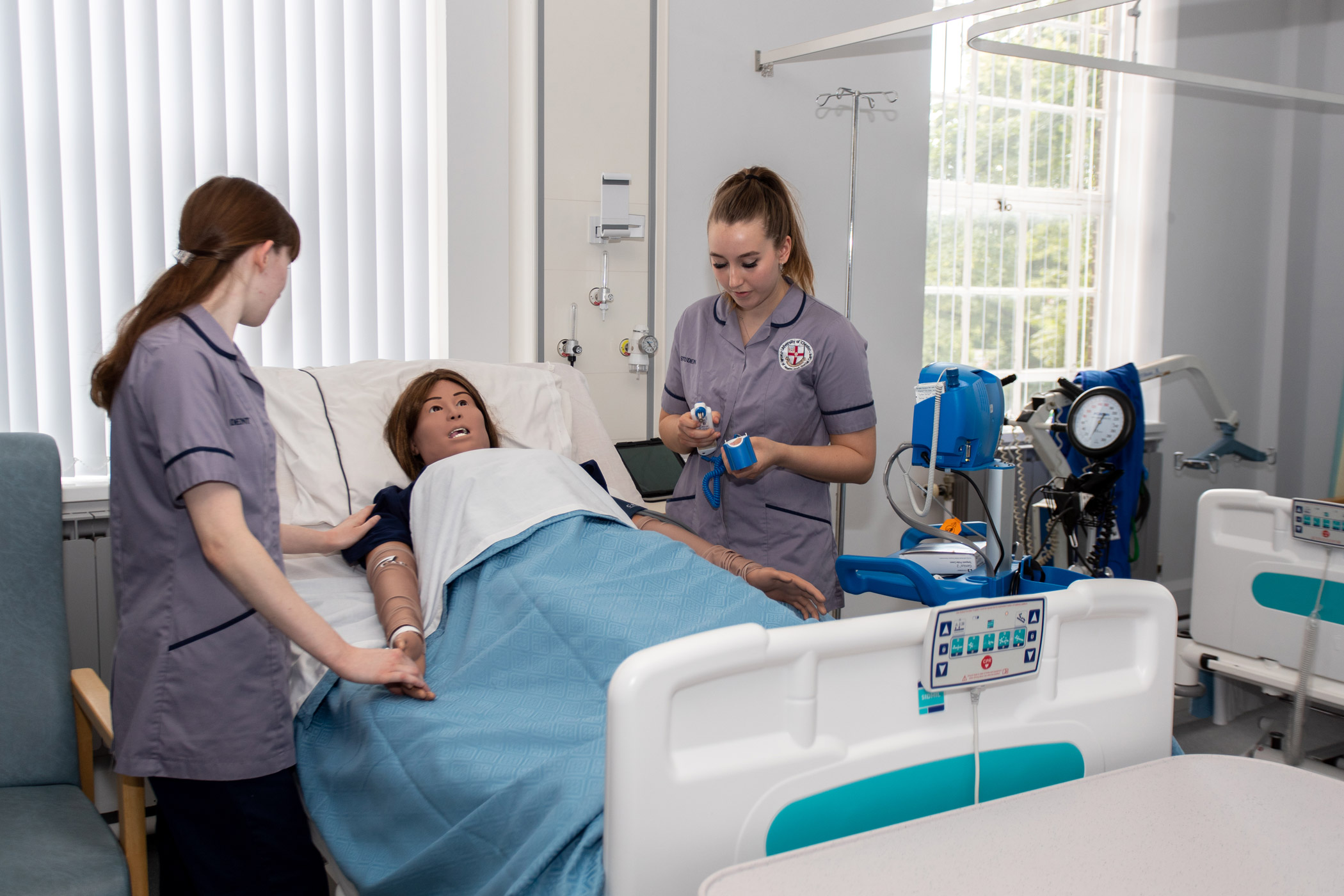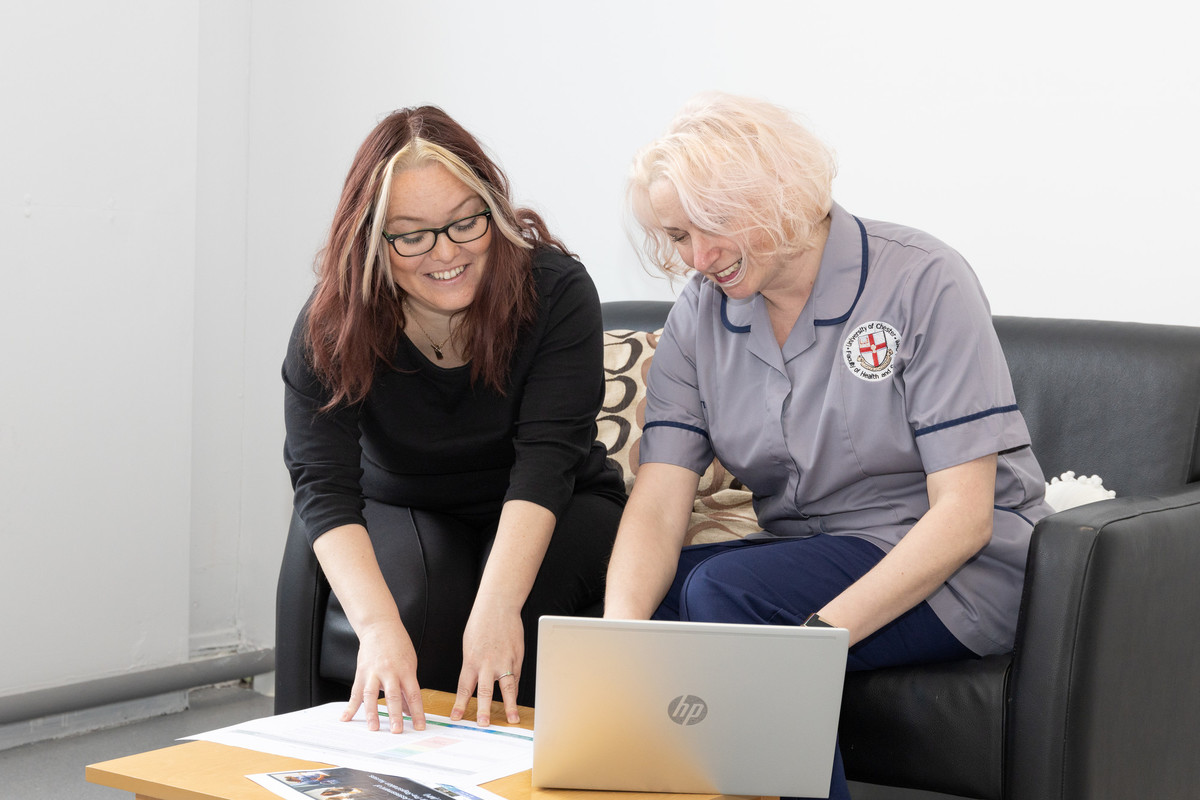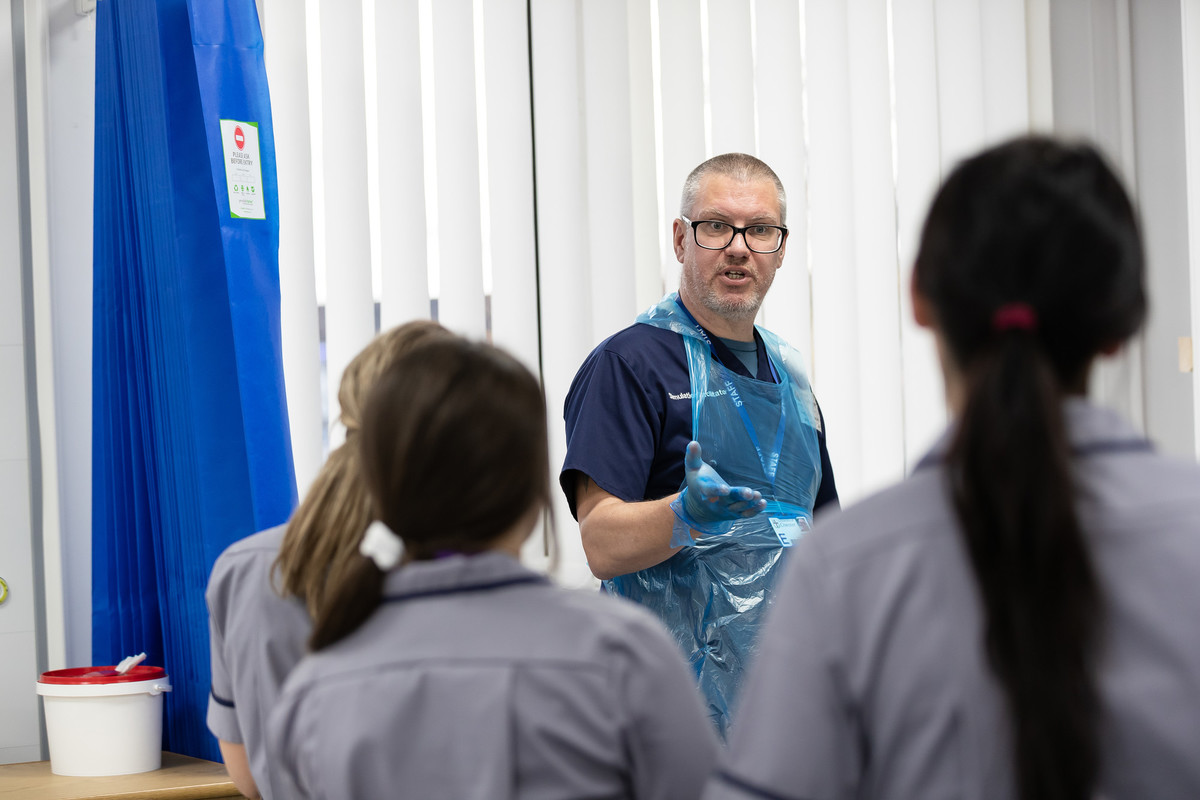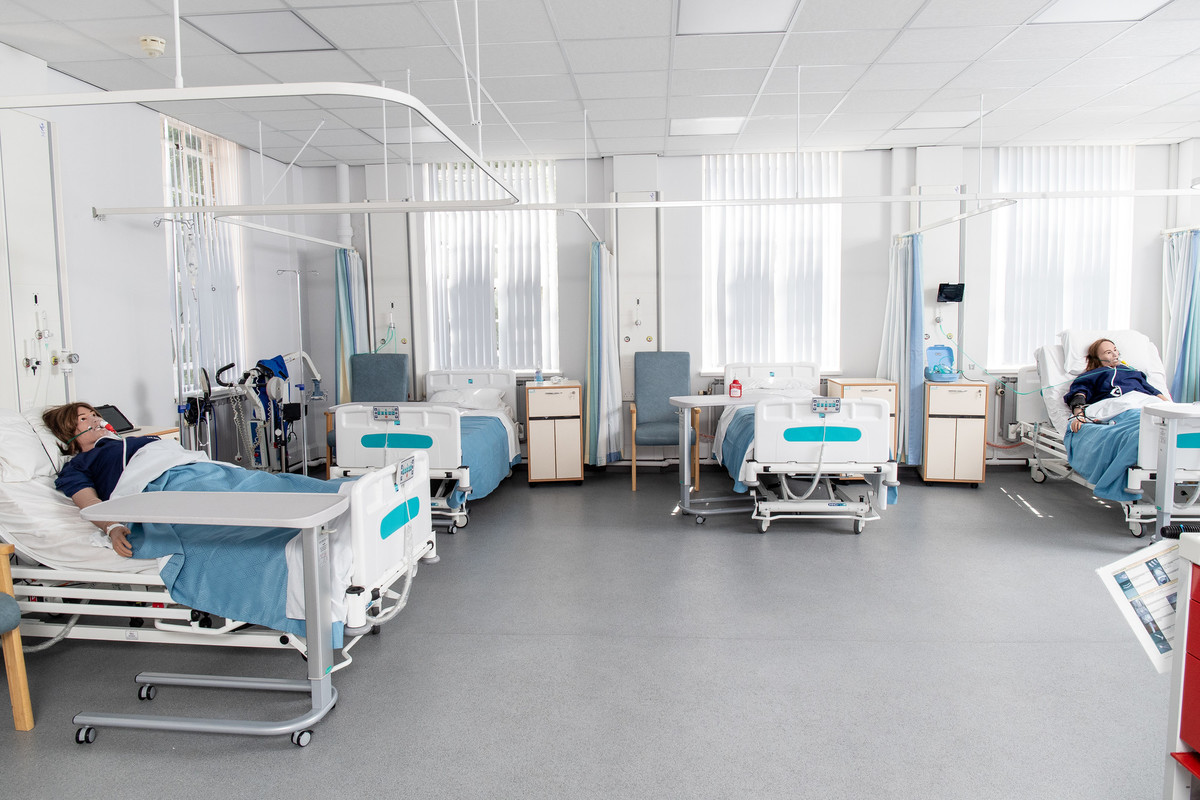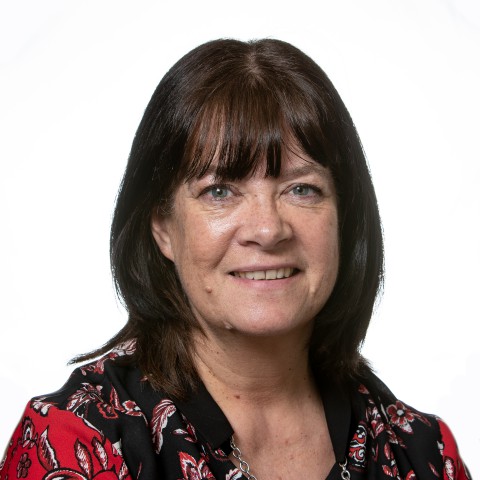2:2honours degree
An honours degree (2:2) is required. You are required to have Maths and English at GCSE C/4 or recognised level 2 equivalent. Pre-registration nursing programmes are three years in duration, so we require confirmation that you can meet 800 hours of appropriate health-related practice prior to entry. Please see additional guidance regarding this. You will also require a satisfactory DBS and occupational health report.
Safeguarding / Suitability
All successful candidates who receive an offer of a place for this course and choose the University of Chester as their Firm choice will be required to undergo checks with regards to their suitability to practice.
A couple of months prior to admission to this course, the University will contact you to request that you complete a self-declaration form detailing any relevant convictions or other information that you believe may have an impact upon your ability to undertake work with children or vulnerable adults. You will also receive instructions on how to complete an online application for a Disclosure and Barring Service (DBS) check through the University as a registered body, there will be a charge for this.
Please note that the University does not accept previous DBS checks from other registered bodies or the update service.
For details about the cost of the DBS and for further information please visit our DBS web pages.
2:2honours degree
An honours degree (2:2) is required. You are required to have Maths and English at GCSE C/4 or recognised level 2 equivalent. Pre-registration nursing programmes are three years in duration, so we require confirmation that you can meet 800 hours of prior experiences of health and/or social care practice and a notional 300 hours of relevant theory within the last 5 years. Applicants can expect to receive additional guidance regarding this as part of the application process. You will also require a satisfactory DBS and occupational health report.
English Language Requirements
Please note, applicants whose first language is not English must demonstrate they can meet the following English language criteria for this programme:
- IELTS 6.5 (with no less than 6.0 in all other bands)
- OET B- in Speaking, Listening, Reading and C in writing
- Degree completed in the UK with a 2:2
Due to the delivery of this Nursing programme, we are unable to admit applicants who intend to continue working full-time alongside their studies. Guidance from the UK government confirms that it is not appropriate for Universities to enrol students for the purpose of full-time studies alongside simultaneous full-time employment. As such, we are unable to accept applicants to this course who intend to study while on a work related visa, as the requirements of that visa necessitate continued full-time work.
Applicants are eligible to request to switch to the Student Visa prior to admission, however, please be aware this will result in a restriction of a maximum of 20 hours part-time work alongside studies, and the University will need sufficient notice prior to the course start date to process any request for visa sponsorship (CAS) under the Student Visa Route.
